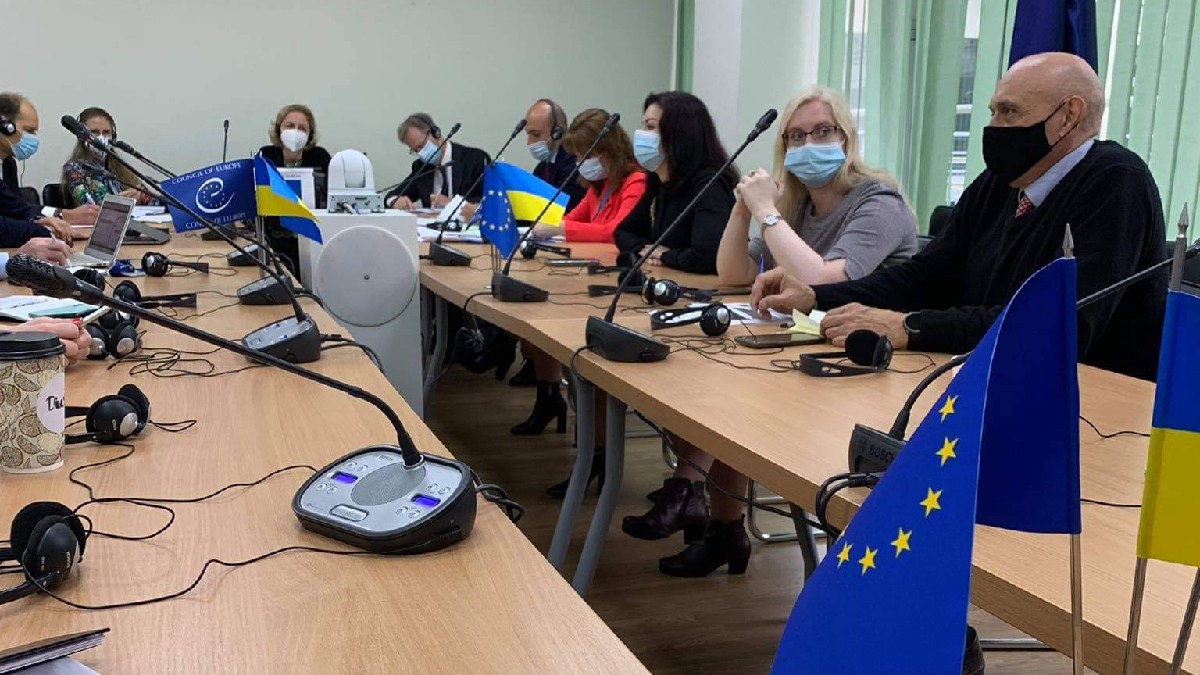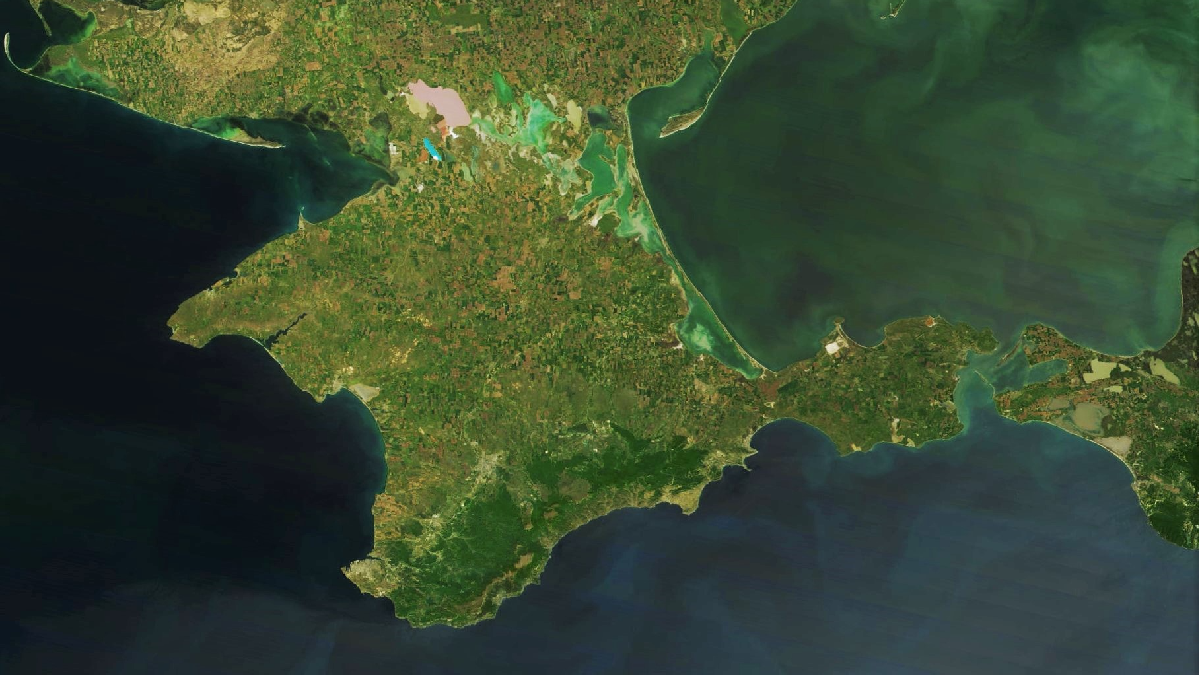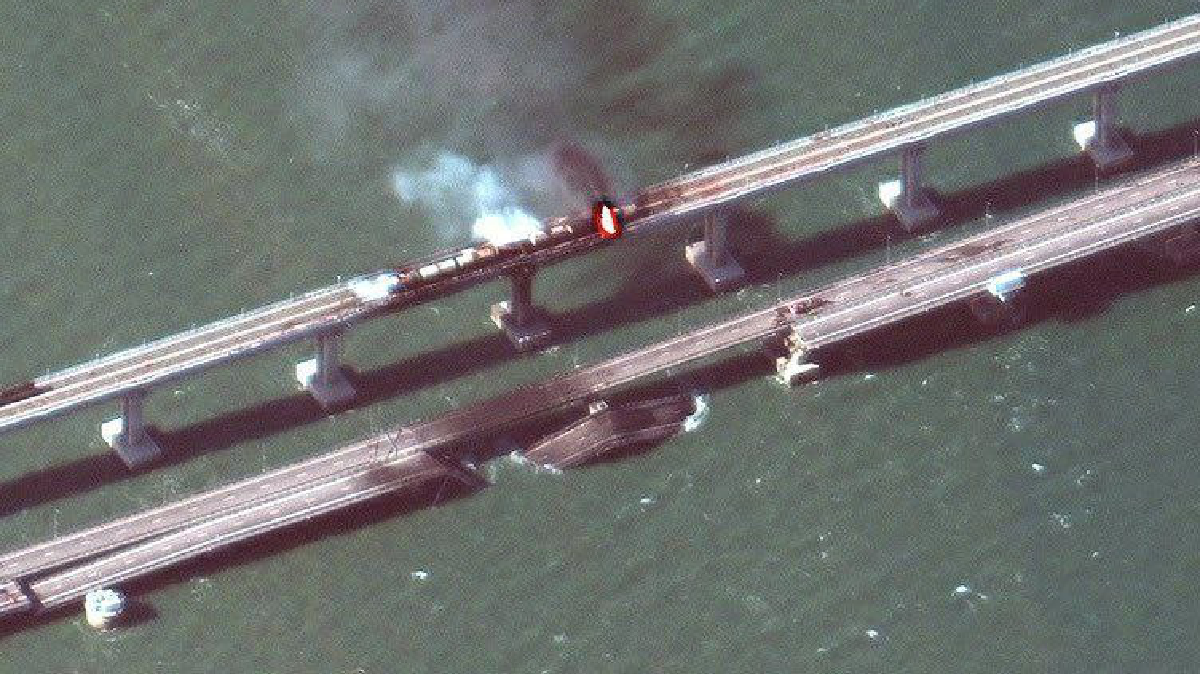The transition period for Crimea and Donbas: the view of the Venice Commission

The history of transitional justice is just beginning in Ukraine and will become an important part of reconciliation and restoration of justice in the de-occupied territories of Crimea and Donbas in the future. However, it is already becoming clear that the road to a transitional justice model will be varied rather than straightforward.
While the Concept of Transitional Justice is being discussed in the Representative Office of the President of Ukraine in the Autonomous Republic of Crimea, the Cabinet of Ministers of Ukraine, back in December 2020, submitted a draft law “On the Foundations of State Policy for the Transitional Period” for specialized discussions. Within six months, a government project appeared within the walls of the Verkhovna Rada of Ukraine.
Immediately after that, Vice Prime Minister of Ukraine - Minister for Reintegration of the Temporarily Occupied Territories of Ukraine Oleksiy Reznikov appealed to the Venice Commission to assess compliance with the standards of the Council of Europe.
On September 20-21, 2021, the Commission’s experts organized a series of meetings with representatives of government and expert circles. On September 20, 2021, during a meeting of VC experts with non-governmental organizations, many critical assessments of the government’s RFP were voiced - they did not support it.
On October 18, 2021, the Venice Commission published its opinion on the relevant bill. The overall tone of the conclusion is positive. Despite the criticism, the VC experts did not dwell only on comments but also expressed general considerations about transitional justice, its models, and international standards.
The Importance of the Transitional Justice Law
With this bill, the government programs the de-occupation policy, defining the main parameters of the transitional (conflict and post-conflict) period. In a certain way, this is a unique legislative act - its regulation covers the future period.
There are some important items:
- The Cabinet of Ministers does not differentiate between the de-occupation of Crimea and ORDLO (according to the authors, the legal framework for the de-occupation of both territories should be similar);
- Unlawful compulsory certification of citizens of the Russian Federation is recognized (Russian passports received accordingly are not recognized);
- A ban is imposed on the establishment of relations and interaction of deputies of all levels of Ukraine with the occupation authorities;
- Electoral lustration is enshrined.
Some important points, the outline of which is important before analyzing the positions of the Venice Commission
The Ukrainian government, by submitting a bill on transitional justice, acted as a world innovator. Such laws are passed after the end of the conflict or at the stage before its settlement.
Many parameters, such as the level of lustration, consolidation of all or some documents, etc., will depend on the path of de-occupation (whether there will be, for example, an international agreement between Russia and Ukraine, etc.). In addition, the peculiarity of the project was that this is only the third legislative proposal that the government has submitted to the VC for evaluation.
In its opinion, the Commission paid special attention to the problems of the conceptual perception of transitional justice instruments, the prevention of discriminatory provisions, the rights of victims of conflict, amnesty, consolidation, and lustration.
The recommendation of the Venice Commission regarding the direct involvement of those who live in the temporarily occupied territories in the dialogue around this bill is unrealistic since some questions arise related to the security of those who join from the occupied territories.
Other principled remarks of the VC
Turning to other fundamental remarks, we emphasize the following:
- According to the VC, the bill serves rather as a framework act, and its adoption should be followed by the adoption of other laws and bylaws;
- The Commission considers that one of the purposes of the law is to convey certain internal messages to the Ukrainian audience. This positioning of the law turns it into a political program, not a normative act.
- The draft law requires significant readjustment: to place the program objectives in the preamble and to set out the normative part in the main part of the law.
- Experts advise refocusing the anti-Russian philosophy of the law on an approach that will be based on the prerogative of protecting the victims of the conflict.
- The VC recognizes the right of Ukraine at its own discretion to interpret the norms of international law, but the meaning, scope, and content of international legal obligations cannot be changed unilaterally (by adopting a national law).
- Criticism from the side of the Venice Commission also concerned the procedure for consolidating documents and legal uncertainty, which could worsen the established procedure.
The leitmotif of the conclusion is laid in the need for a more human-centered transitional policy than an anti-Russian one. The Commission left the door open for further dialogue rather than rejecting the government's vision of transitional justice.







